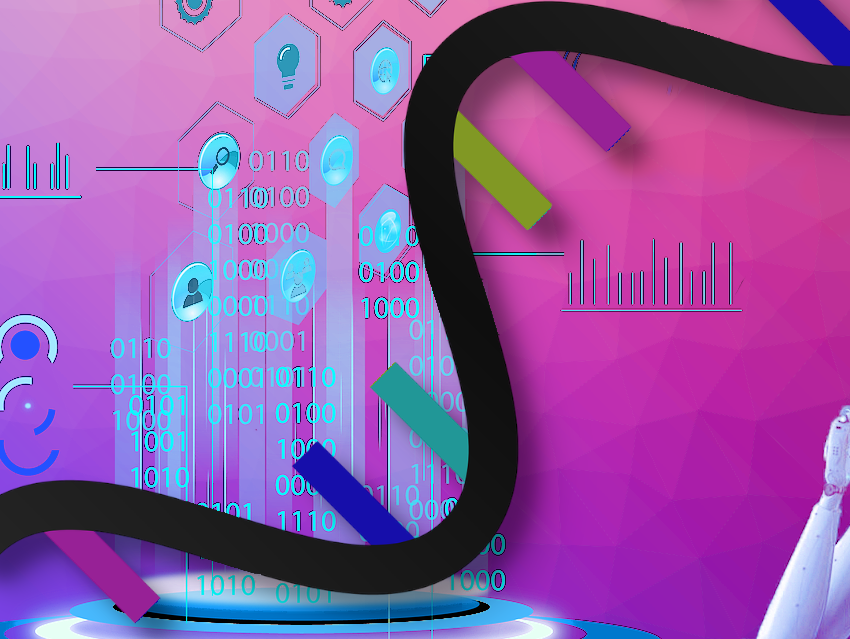Wacker and CordenPharma, in partnership with Ludwig Maximilian University, Munich, Germany, and the Humboldt University of Berlin, Germany, have launched a project to accelerate the development of RNA-based drugs. The project aims to create a new generation of lipid nanoparticles (LNPs) for RNA-based pharmaceuticals. These LNPs will be used to deliver RNA molecules, including messenger ribonucleic acid (mRNA), self-amplifying RNAs (saRNAs), and circular RNAs (circRNAs), which have different characteristics and can be used in various clinical applications.
The team will train a machine learning algorithm that can identify the best constituents for new RNA formulations based on the properties of the LNPs. The project will last for three years and will receive €1.4 million in funding from the German Federal Ministry for Economic Affairs and Energy. The final phase of the project will test the machine learning algorithm’s functionality in a specific application, aiming to allocate suitable formulations to any given RNA molecule. Overall, the project’s goal is to create new LNPs that can enhance the efficacy of RNA-based drugs and reduce the time and cost of their development.
LNPs are an essential component of RNA-based pharmaceuticals as they enable the delivery of RNA molecules to specific cells in the body. LNPs are made up of lipids and other materials that protect RNA molecules from being degraded in the bloodstream and help them penetrate the cell membrane. RNA-based drugs, such as mRNA vaccines, are a relatively new type of drug that have gained attention during the COVID-19 pandemic. These drugs have the potential to be more effective, have fewer side effects, and can be developed more quickly than traditional drugs.
Machine learning is a type of AI where computers learn and improve from experience. It analyzes large amounts of data to make predictions or decisions without being explicitly programmed. The algorithm is trained on a dataset and adjusts its models to improve performance. A key feature of machine learning is its ability to apply what it has learned to new, unseen data to make accurate predictions or decisions in real-world situations.
- Wacker Chemie AG, München, Germany
- CordenPharma International GmbH, Berlin, Germany



